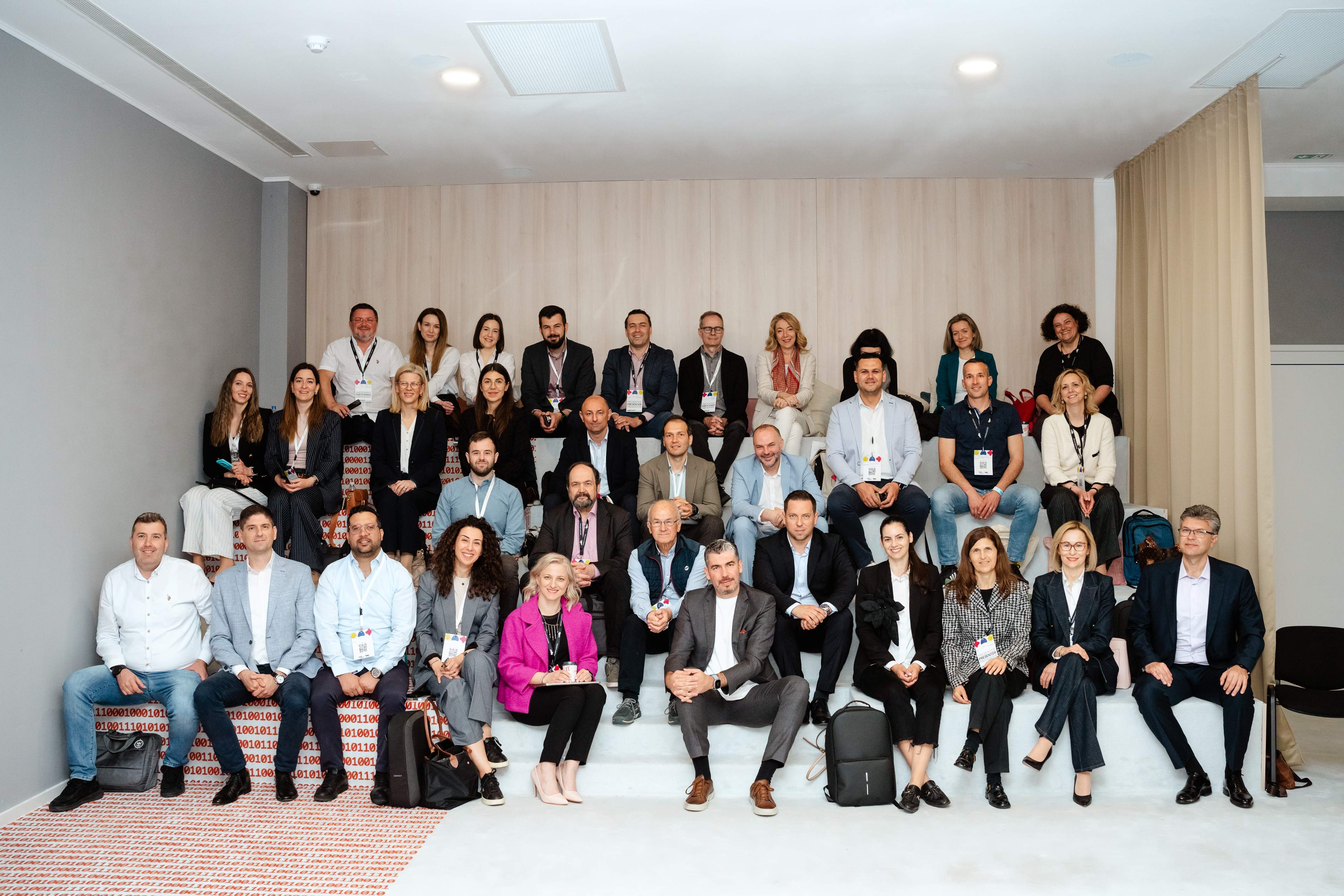

MoStart Science Day: Synergy of science, technology, and education for a digital future
MoStart Science Day: Synergy of science, technology, and education for a digital future
The Science Day, the third thematic day of the international MoStart Conference, reaffirmed MoStart’s status as a platform connecting scientists, academia, and industry representatives with the goal of creating sustainable solutions for the challenges of the digital age. "This year we received 41 scientific papers, involving around 130 authors from the region and around the world. All papers underwent a thorough peer-review process, during which 123 reviews were conducted, thanks to the engagement of the international program committee composed of experts from various countries," said Assist. Prof. Dr. Daniel Vasić, a member of the Conference Organizing Committee, adding that he believes the results of Science Day will have a long-term impact on the development of science, education, and technology in the region and beyond.
Artificial Intelligence and Computer Science
Science Day was officially opened with Scientific Coffee, an informal discussion platform for doctoral students focused on key research topics to better prepare them for the scientific process. This session encouraged knowledge exchange, critical thinking, and peer support, helping students navigate their Ph.D. journeys with greater confidence.
Special attention was given to presentations on advanced knowledge models, including the use of semantic hypergraphs for conceptual mapping.
A range of AI-based solutions was presented, such as systems for recognizing physical activities using wearable sensors, tools for analyzing users' emotional states, and early detection systems for cyberbullying.
Several papers also explored machine learning methods, computer vision, and intelligent data retrieval, highlighting the significance of these technologies for scientific research and industrial applications.
Digital Transformation of Education
Many presentations focused on the digital transformation of higher education institutions. The need to develop digital competencies among teaching staff, improve digital infrastructure, and build systems for automatic assignment of student mentors was emphasized. Concrete tools and models for digital teaching were showcased, including simulations in natural sciences, evaluation of online educational content, and platforms for student self-assessment. "We are especially pleased to see more and more young researchers becoming involved in this initiative, which further confirms that MoStart is not just building academic excellence but also shaping generations that will drive social and technological change through knowledge," emphasized Emil Brajković, a member of the Conference Organizing Committee.
Interdisciplinary and STEM Approaches
In the STEM segment, a series of studies were presented related to teamwork in scientific and educational environments, emotion evaluation in digital learning, and advanced optimization methods applied in education and the economy.
The use of augmented reality, educational games, and interactive tools was highlighted as an effective means of increasing student engagement and improving learning outcomes.
MoStart 2025 Science Day once again confirmed the importance of connecting scientific insights with practical solutions. Through knowledge exchange and interdisciplinary approaches, participants contributed to shaping the educational and technological trends of the future, while the University of Mostar further solidified its position as a leading regional center of science and innovation.